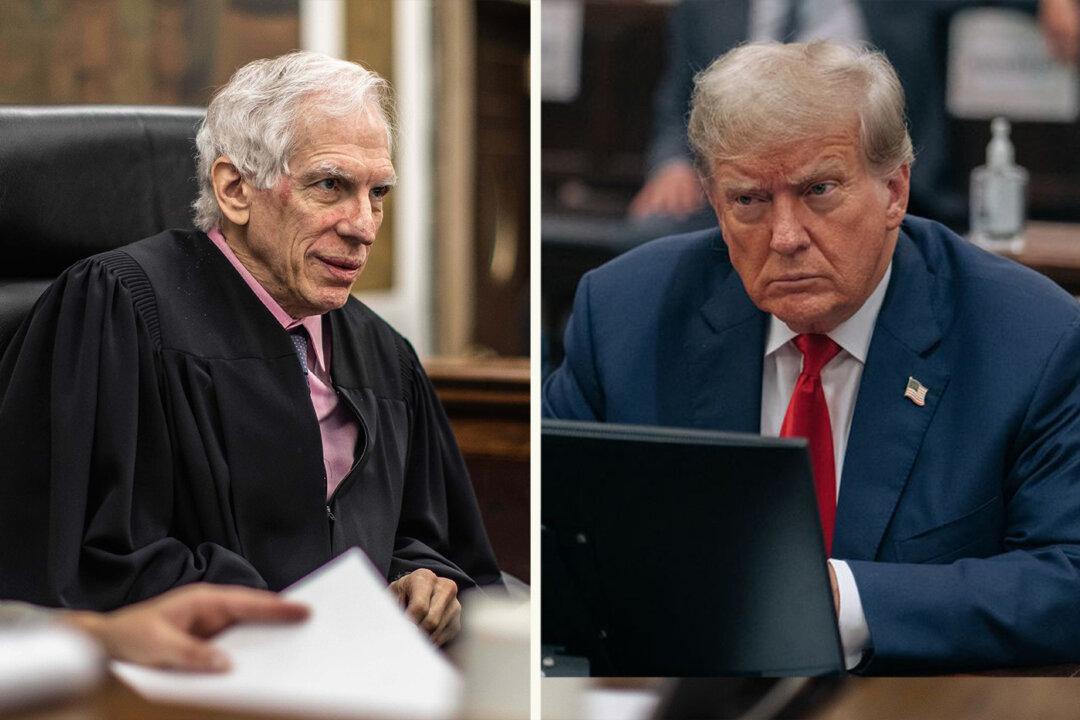After a New York court reduced former President Donald Trump’s bond to appeal his civil fraud case, several legal analysts weighed in on the decision.
On Monday, a state appeals court agreed to hold off collection of the former president’s more than $454 million civil fraud judgment if he puts up $175 million within 10 days. If he does, it will stop the clock on collection and prevent the state from seizing the presumptive Republican presidential nominee’s assets while he appeals.





